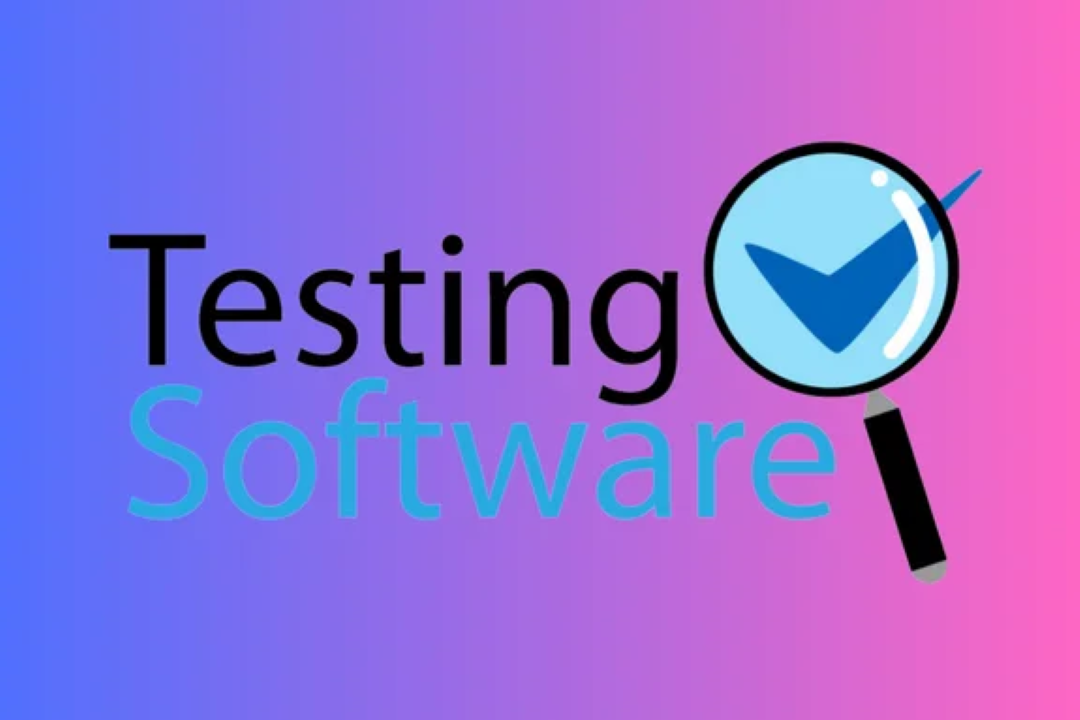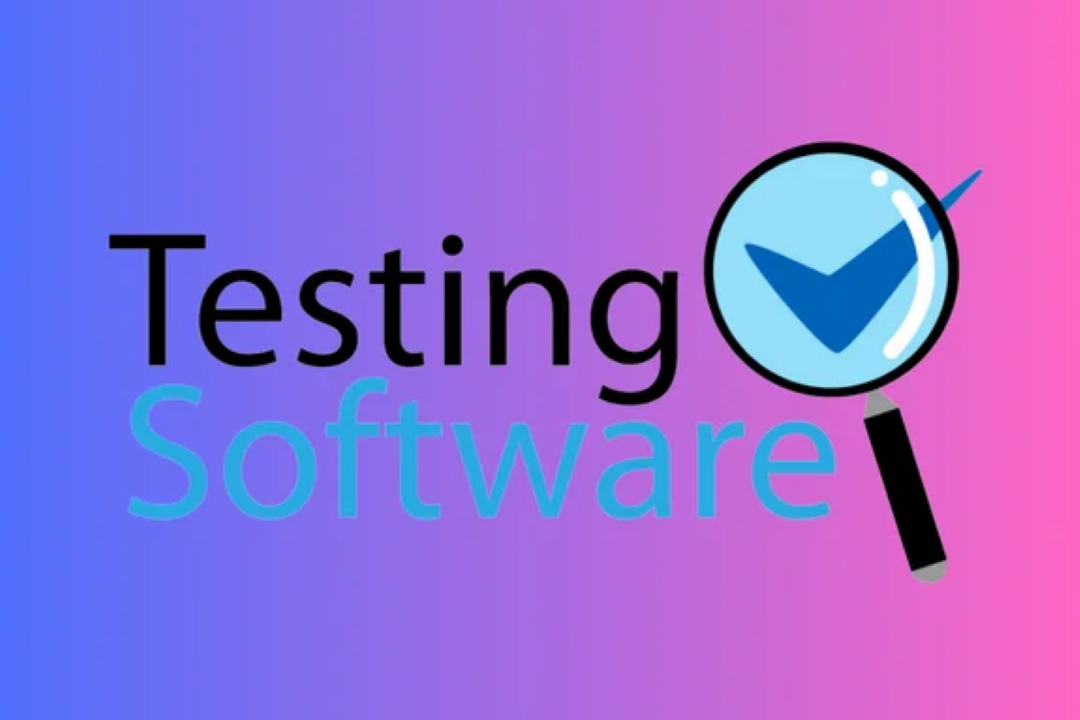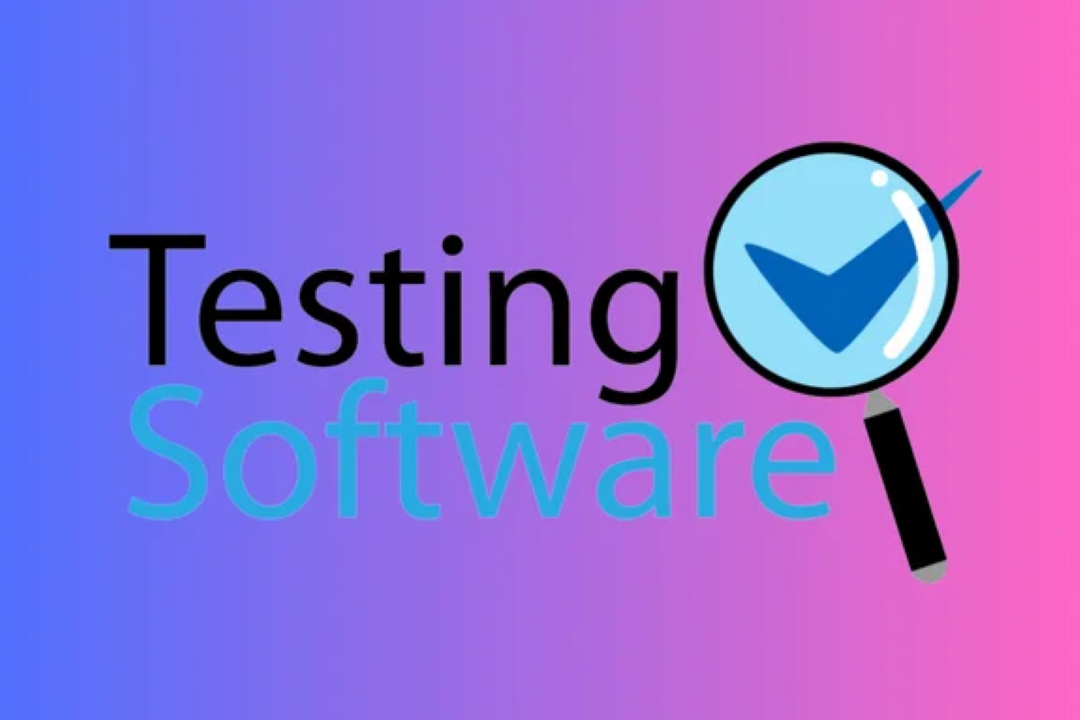Automation Testing Training Selenium
Automation testing training with Selenium provides participants with the skills needed to automate w
Automation Testing Training Selenium
Automation testing training with Selenium is essential for professionals looking to streamline the software testing process. It equips learners with the proficiency to automate repetitive and time-consuming testing tasks, ensuring faster release cycles and higher software quality. By using Selenium, which supports multiple programming languages and browsers, participants can create robust test scripts that enhance test coverage and reliability. This training not only boosts productivity but also reduces human error, making it invaluable for organizations striving to deliver flawless applications in a competitive market. Moreover, it prepares individuals for sought-after roles in software testing, opening doors to advanced career opportunities.
To Download Our Brochure: https://www.justacademy.co/download-brochure-for-free
Message us for more information: +91 9987184296
Automation testing training with Selenium is essential for professionals looking to streamline the software testing process. It equips learners with the proficiency to automate repetitive and time consuming testing tasks, ensuring faster release cycles and higher software quality. By using Selenium, which supports multiple programming languages and browsers, participants can create robust test scripts that enhance test coverage and reliability. This training not only boosts productivity but also reduces human error, making it invaluable for organizations striving to deliver flawless applications in a competitive market. Moreover, it prepares individuals for sought after roles in software testing, opening doors to advanced career opportunities.
Course Overview
The “Automation Testing Training with Selenium” course provides an in-depth understanding of automated testing principles and practical skills required to effectively utilize Selenium for software testing. Participants will learn how to design, develop, and execute automated test scripts for web applications, ensuring comprehensive test coverage and enhanced software quality. The course covers essential topics such as Selenium WebDriver, TestNG framework, integration with continuous integration tools, and best practices for test automation. By engaging in real-time projects and hands-on exercises, learners will gain the confidence to successfully implement automation testing practices in their work environments, ultimately improving efficiency and reducing time-to-market for software releases.
Course Description
The “Automation Testing Training with Selenium” course equips participants with the essential skills to automate web application testing using Selenium, a popular open-source testing tool. Through a combination of theoretical lessons and practical hands-on projects, learners will explore key topics including Selenium WebDriver, TestNG, and effective test script design. The course emphasizes best practices in test automation, enabling students to improve testing efficiency and software quality. By the end of the training, participants will be proficient in creating and executing automated tests, making them valuable assets in software development and quality assurance teams.
Key Features
1 - Comprehensive Tool Coverage: Provides hands-on training with a range of industry-standard testing tools, including Selenium, JIRA, LoadRunner, and TestRail.
2) Practical Exercises: Features real-world exercises and case studies to apply tools in various testing scenarios.
3) Interactive Learning: Includes interactive sessions with industry experts for personalized feedback and guidance.
4) Detailed Tutorials: Offers extensive tutorials and documentation on tool functionalities and best practices.
5) Advanced Techniques: Covers both fundamental and advanced techniques for using testing tools effectively.
6) Data Visualization: Integrates tools for visualizing test metrics and results, enhancing data interpretation and decision-making.
7) Tool Integration: Teaches how to integrate testing tools into the software development lifecycle for streamlined workflows.
8) Project-Based Learning: Focuses on project-based learning to build practical skills and create a portfolio of completed tasks.
9) Career Support: Provides resources and support for applying learned skills to real-world job scenarios, including resume building and interview preparation.
10) Up-to-Date Content: Ensures that course materials reflect the latest industry standards and tool updates.
Benefits of taking our course
Functional Tools
1 - Selenium WebDriver
Selenium WebDriver is the cornerstone of the Selenium suite. It provides a programmable interface, allowing testers to create automated tests for web applications across various browsers. With its ability to interact directly with web elements, WebDriver supports multiple programming languages, including Java, Python, C#, and Ruby, enabling testers to write flexible and robust test scripts. Additionally, it can handle dynamic web pages and AJAX based components, making it essential for modern web testing environments. Understanding WebDriver is crucial for any candidate looking to excel in automation testing.
2) Selenium IDE
The Selenium Integrated Development Environment (IDE) is a user friendly tool primarily designed for beginners. It allows users to record and playback tests without requiring in depth programming skills. This feature makes it easy to automate repetitive tasks quickly. Moreover, it supports simple test script recording and editing, enabling learners to grasp fundamental concepts of automation testing without getting bogged down by complex coding. While it may not be suitable for large scale enterprise applications, it serves as an excellent entry point for students new to automation.
3) Selenium Grid
Selenium Grid is a powerful tool used for executing tests on multiple machines and browsers simultaneously. This capability helps in reducing testing time significantly, thereby enhancing productivity. By utilizing a hub and node architecture, students will learn how to distribute test execution efficiently across different environments. Understanding Selenium Grid is advantageous for those looking to implement parallel test execution, a critical requirement for large applications needing quick release cycles.
4) TestNG
TestNG is a testing framework inspired by JUnit and NUnit, but designed to be more powerful and flexible. It supports grouping and prioritizing tests, as well as making it easy to create complex test configurations. Students will explore its annotations to set up tests, while its built in reporting capabilities facilitate easy tracking of test results. Learning TestNG is essential for managing test scripts effectively, especially in robust automation frameworks, making it a valuable addition to the Selenium training curriculum.
5) Maven
Maven is a powerful build automation tool primarily used for Java projects. When combined with Selenium, it provides a streamlined way to manage project dependencies and build configurations. By understanding Maven, students will learn how to organize their code, include necessary libraries, and automate the build process. This capability enhances project scalability and maintainability, making it a crucial tool for anyone serious about automation testing in a professional setting.
6) Jenkins
Jenkins is an open source automation server that facilitates continuous integration and continuous deployment (CI/CD) processes. In the context of Selenium automation testing, Jenkins helps in scheduling test runs, managing test environments, and generating test reports. Students will learn how to integrate Selenium tests within a Jenkins pipeline, enabling them to achieve seamless testing and deployment cycles. Understanding Jenkins is vital for modern testing practices, making it an essential component of the automation testing training program at JustAcademy.
7) Page Object Model (POM)
The Page Object Model is a design pattern that enhances test maintainability by separating the test logic from the UI element interactions. In this approach, each web page of the application is represented as a class, encapsulating the functionality of the page into reusable methods. Students will learn how to implement POM to create cleaner and more organized test scripts, reducing redundancy and making the code easier to understand and maintain. Mastering POM is essential for building robust Selenium frameworks that are scalable for complex applications.
8) Cross Browser Testing
Cross browser testing ensures that web applications function correctly across different browsers and their versions. Students will explore various tools and techniques to automate cross browser testing using Selenium, enabling them to identify browser compatibility issues early in the development process. Understanding cross browser testing is vital in today’s diverse environment, where users may access applications on numerous browser types, providing students with the skills necessary to deliver high quality software.
9) API Testing with Selenium
Although Selenium is primarily used for UI testing, understanding how to integrate API testing into the automation flow is increasingly important. Students will learn how to leverage tools like Postman or RestAssured alongside Selenium to validate API responses, ensuring that backend services are functioning correctly in conjunction with the user interface. This knowledge will give students a more comprehensive understanding of full stack testing, making them more valuable in automated testing roles.
10) Headless Browser Testing
Headless browsers allow for running web applications in a non visual environment. This feature is particularly valuable for speeding up test execution in continuous integration pipelines. Students will learn how to use tools like HtmlUnit or headless modes of popular browsers like Chrome and Firefox to run their Selenium tests in a headless format. Understanding headless testing can significantly improve testing efficiency and resource usage, making it a desirable skill for automation testers.
11 - Handling AJAX Calls
AJAX (Asynchronous JavaScript and XML) calls are prevalent in modern web applications, allowing for asynchronous data loading and interactions. Students will explore strategies for handling dynamic content loading within Selenium tests, including the use of wait commands (implicit and explicit waits) to ensure the application is in the expected state before performing actions. Proficiency in handling AJAX is crucial for effective web automation, as it impacts the reliability and accuracy of automated tests.
12) Error Handling and Debugging
Effective error handling and debugging are essential skills for any automation tester. Students will learn techniques to manage exceptions in Selenium tests, utilize debugging tools, and implement logging for better traceability of issues. Understanding how to identify and resolve errors ensures more robust test scripts and contributes to higher test reliability. Mastery of error handling and debugging practices is vital for maintaining quality in an automated testing environment.
13) Reporting and Test Management Tools
Integrating reporting tools into Selenium test frameworks is crucial for tracking test results and executing comprehensive analysis. Students will explore popular reporting libraries such as Allure or ExtentReports that enhance the visibility of test results through clean, customizable reports. Additionally, understanding test management tools, like TestRail or Zephyr, allows students to manage tests and results within a broader QA cycle, which is critical for successful project delivery.
14) Version Control with Git
Version control is an essential skill for collaborating on automation projects, and Git is the industry standard. Students will learn how to use Git for tracking changes, managing branches, and collaborating with team members on Selenium projects. Mastering Git not only enhances collaboration but also helps automate deployment processes and securely maintain test code, making it a vital skill for automation testers.
15) Containerization with Docker
Docker allows developers to package applications and their dependencies into containers, promoting consistency across different environments. Students will learn how to use Docker to create reproducible test environments for Selenium tests, eliminating the “it works on my machine” problem. Understanding containerization is increasingly important in DevOps practices, providing automation testers with the knowledge to streamline testing environments and improve application delivery.
16) Mobile Testing with Appium
When it comes to testing mobile applications, Appium is the leading choice that works seamlessly with Selenium. Students will learn how to set up Appium to automate tests on both Android and iOS platforms. By understanding mobile testing principles and the integration of Appium with Selenium, students can expand their automation skill set, gaining a competitive advantage in the mobile app testing domain.
These advanced topics will provide students with a comprehensive skill set, equipping them to handle various challenges in the realm of automation testing effectively.
Browse our course links : https://www.justacademy.co/all-courses
To Join our FREE DEMO Session:
This information is sourced from JustAcademy
Contact Info:
Roshan Chaturvedi
Message us on Whatsapp:
Email id: info@justacademy.co












